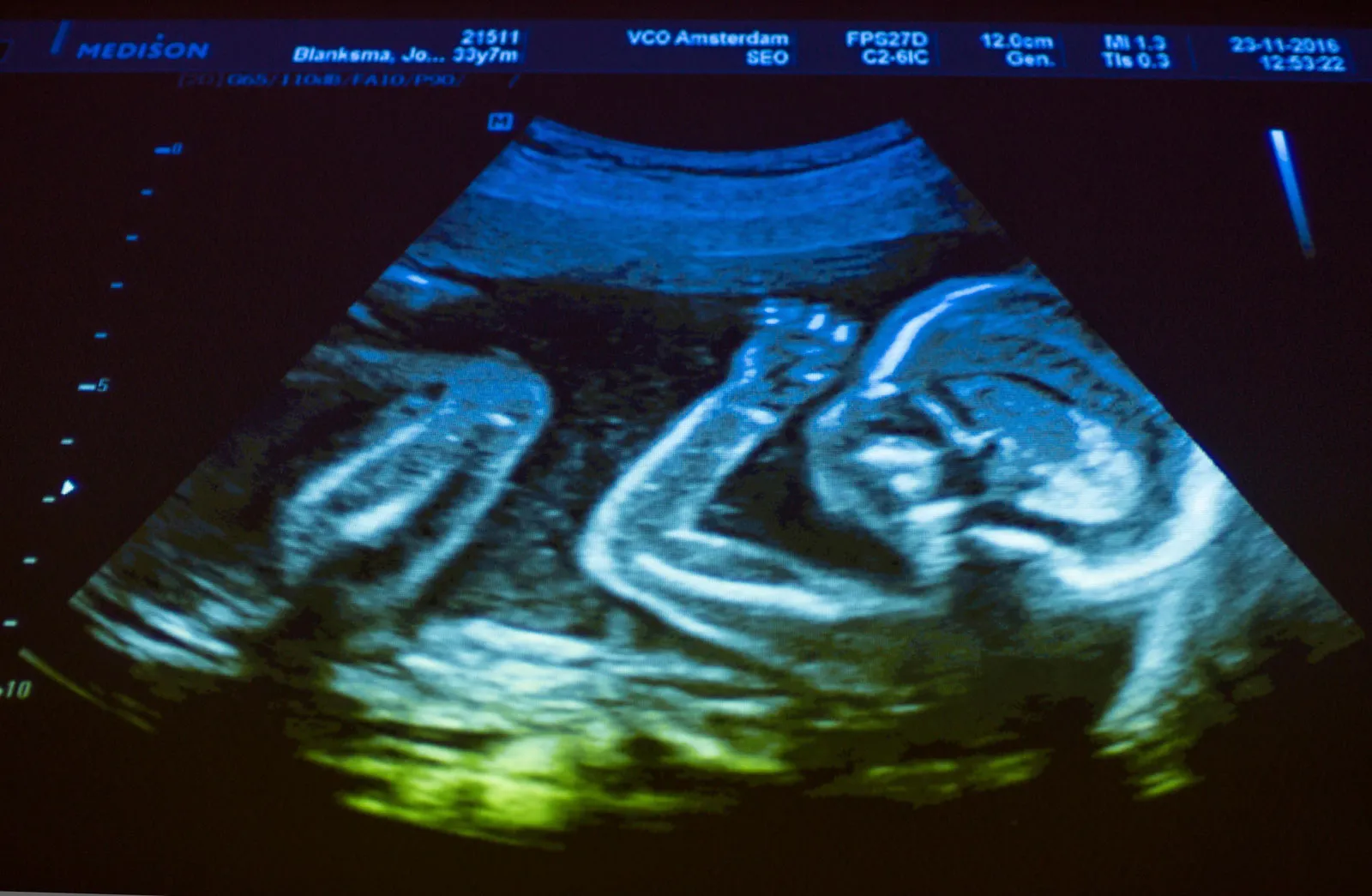Dr. Naseem Khorram, a nephrologist based in Los Angeles, faced an unexpected and frightening situation during her second pregnancy. Routine prenatal bloodwork designed to screen for chromosomal abnormalities in the fetus returned atypical results. While her baby was healthy, the test indicated abnormalities in her own DNA, raising concerns about her health. Initially dismissive of any serious implications, Khorram quickly realized the potential gravity of the situation when her obstetrician recommended further imaging to investigate the possibility of cancer.
The test results hinted at a high likelihood of malignancy, which can sometimes be indicated by atypical findings. Although such results can also stem from benign conditions like uterine fibroids, Khorram’s doctor urged her to undergo a full-body MRI for cancer screening. However, her hospital declined to perform the scan, citing policy restrictions. This prompted Khorram to join a National Institutes of Health (NIH) study that investigated abnormal prenatal DNA test results. Through this study, she received a full-body MRI, which led to her diagnosis of stage II Hodgkin lymphoma, a cancer affecting the lymphatic system.
Khorram’s diagnosis brought significant emotional challenges. Despite her fears about her future and her ability to watch her daughters grow up, she began chemotherapy while continuing her pregnancy. Her experience underscored the necessity for medical systems to establish clear protocols for following up on atypical test results. She believes that additional imaging and diagnostic workups should be standard practice when such results arise, as they can be life-saving.

After completing her treatment two weeks before giving birth to a healthy daughter, Khorram emerged cancer-free. Reflecting on her journey, she stressed the importance of self-advocacy and early detection. She encouraged others to push for further testing when faced with unclear medical results, even if the process is daunting. Her story serves as a testament to the resilience of both patients and the healthcare system’s ability to evolve in addressing unique challenges.
Khorram’s case was part of a broader NIH study involving 107 participants who had unusual results from prenatal DNA sequencing. The study revealed that 48.6% of those participants were diagnosed with cancer, often hidden and asymptomatic. These findings highlight the dual role of cell-free DNA testing, which screens for fetal abnormalities but can also detect maternal cancers because tumors, like placentas, shed DNA fragments into the bloodstream.
A significant discovery in the study was the presence of a chaotic DNA pattern in sequencing results linked to cancer cases. This pattern, involving abnormalities across multiple chromosomes, may serve as a biomarker for identifying maternal cancers in the future. However, the researchers cautioned that such findings should not cause undue alarm among pregnant individuals, as cancer remains a rare complication of pregnancy.
Many study participants had cancers that were initially undetected or mistaken for pregnancy-related conditions. Symptoms such as abdominal pain or rectal bleeding were attributed to common pregnancy issues, delaying diagnosis and treatment. The researchers emphasized that pregnancy should not preclude timely medical care, as many cancer treatments, including chemotherapy, can be safely administered during the second half of pregnancy.
While the study offers hope for improved cancer detection, it also underscores challenges. The findings suggest a need for guidelines to address atypical prenatal DNA results, but additional testing may create anxiety for those whose results do not indicate cancer. Moreover, the study’s findings are not yet generalizable, as its sample was limited to participants with abnormal test results.
The rising incidence of cancer among younger adults, including pregnant women, adds urgency to the development of reliable screening tools. Research shows that cancers like colorectal, breast, and pancreatic are increasingly being diagnosed in younger populations. For pregnant individuals, technologies like cfDNA testing could play a pivotal role in early detection, potentially improving outcomes through earlier intervention.
Although cfDNA sequencing is not yet ready to be a standard cancer screening tool, its potential is significant. Researchers hope to refine its accuracy and establish protocols that balance the benefits of early detection with the need to minimize unnecessary stress and interventions. The ultimate goal is to leverage such technologies to catch cancers earlier, when they are most treatable, particularly in younger and at-risk populations.
